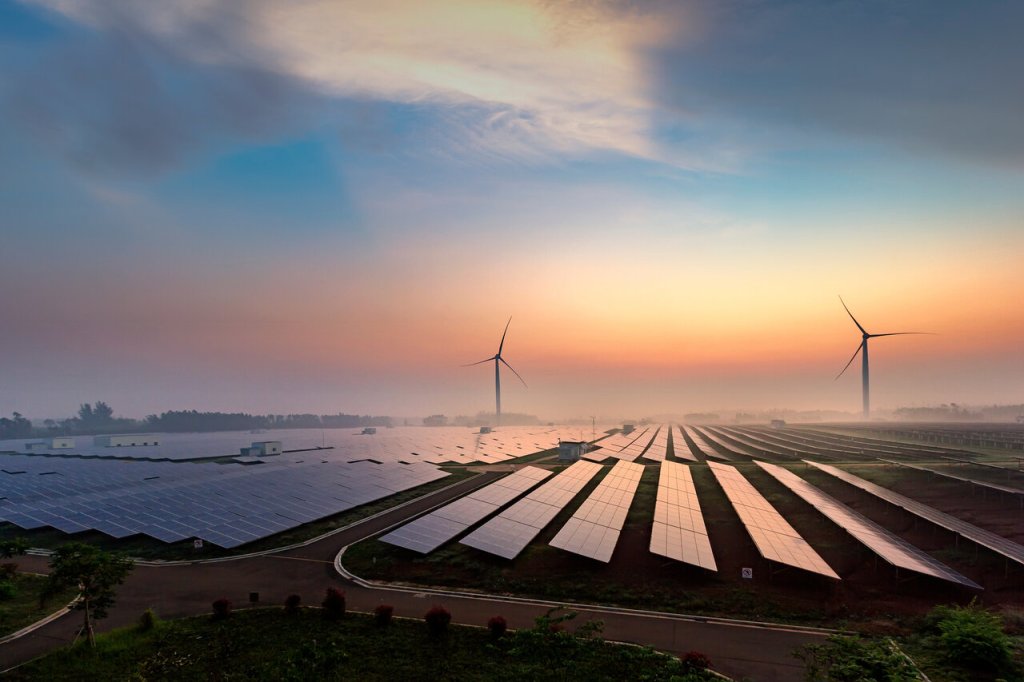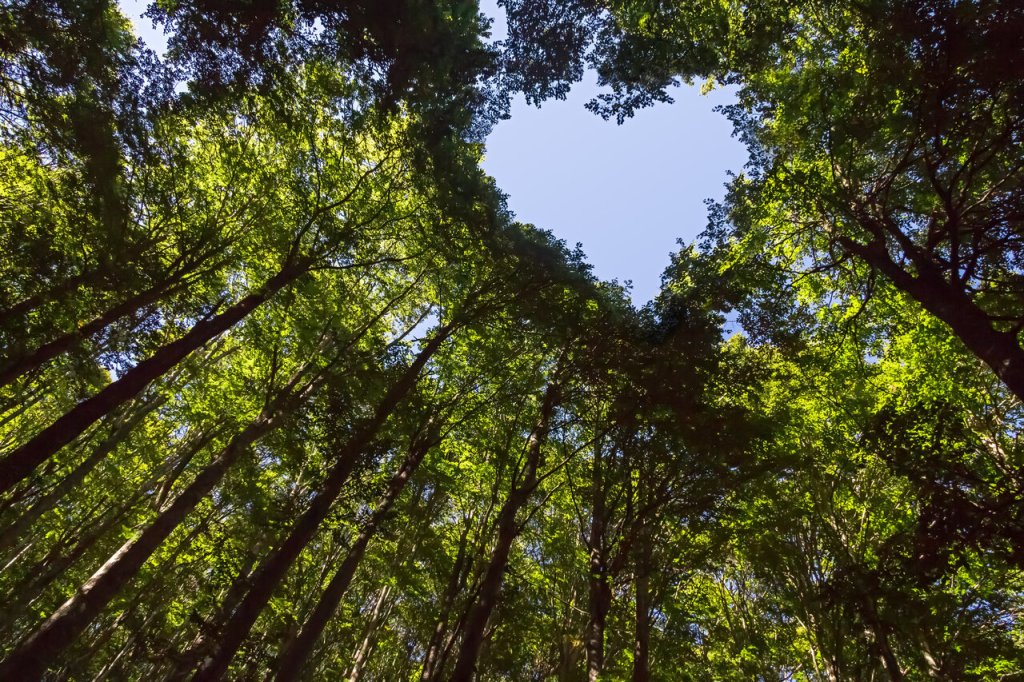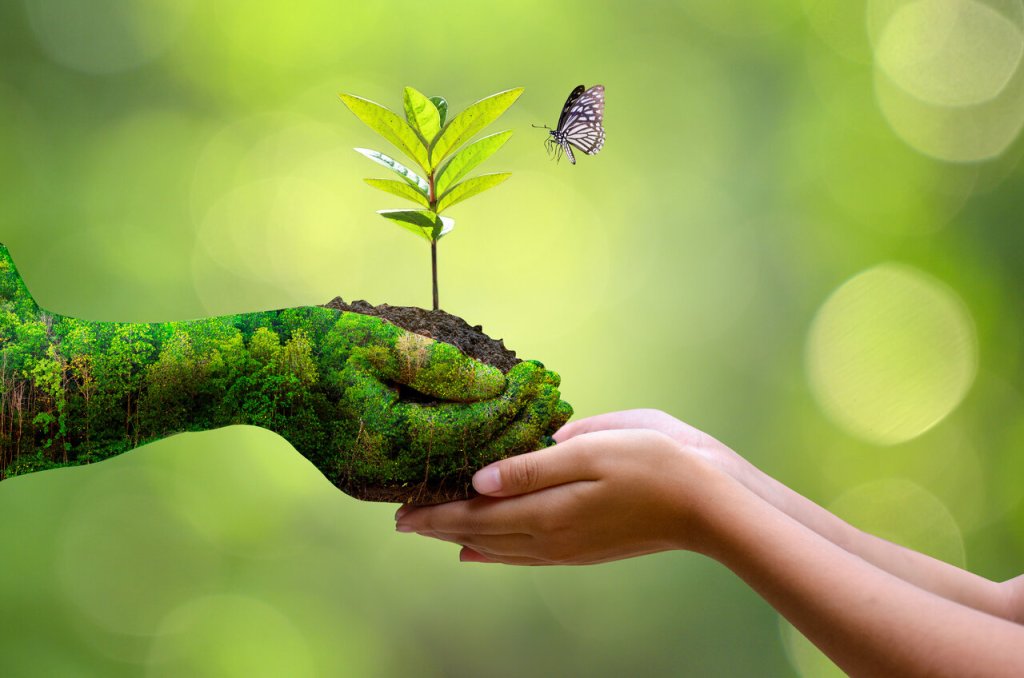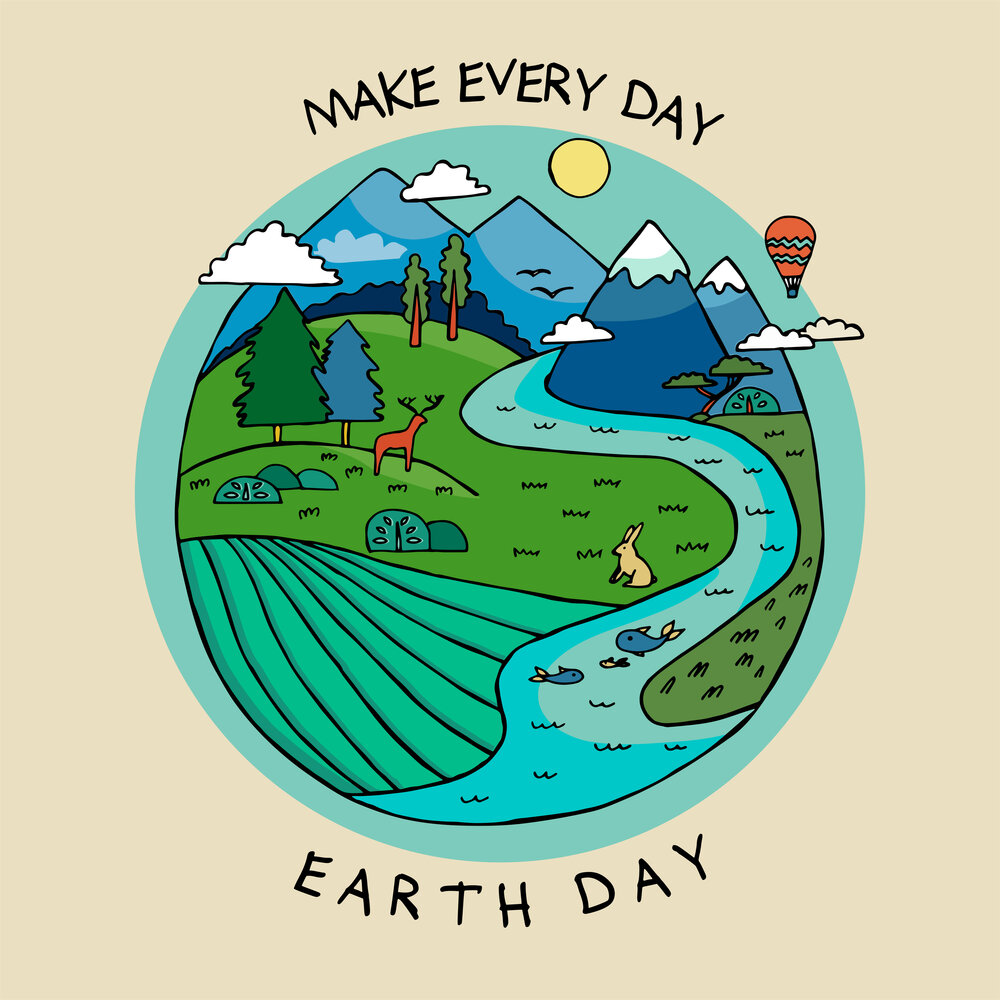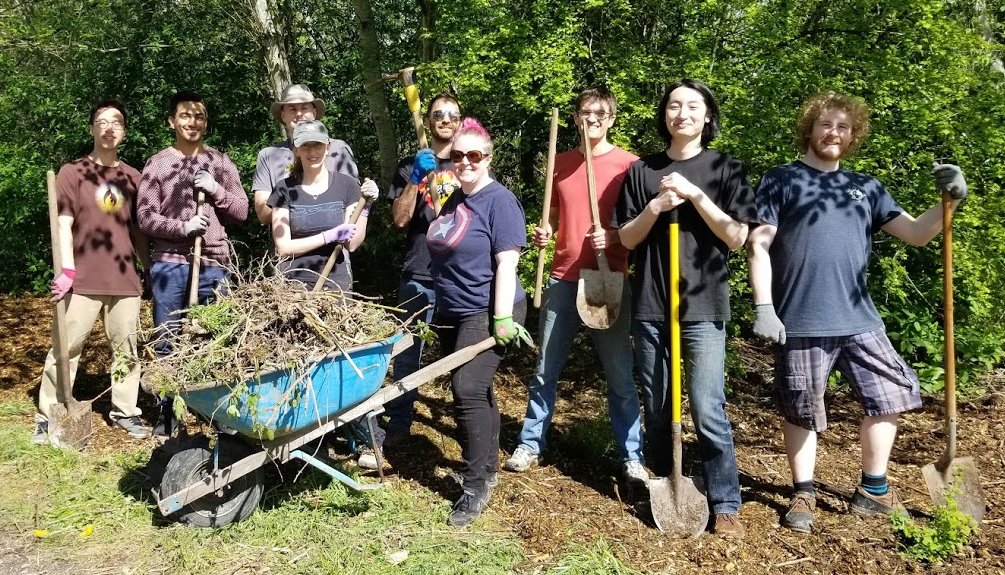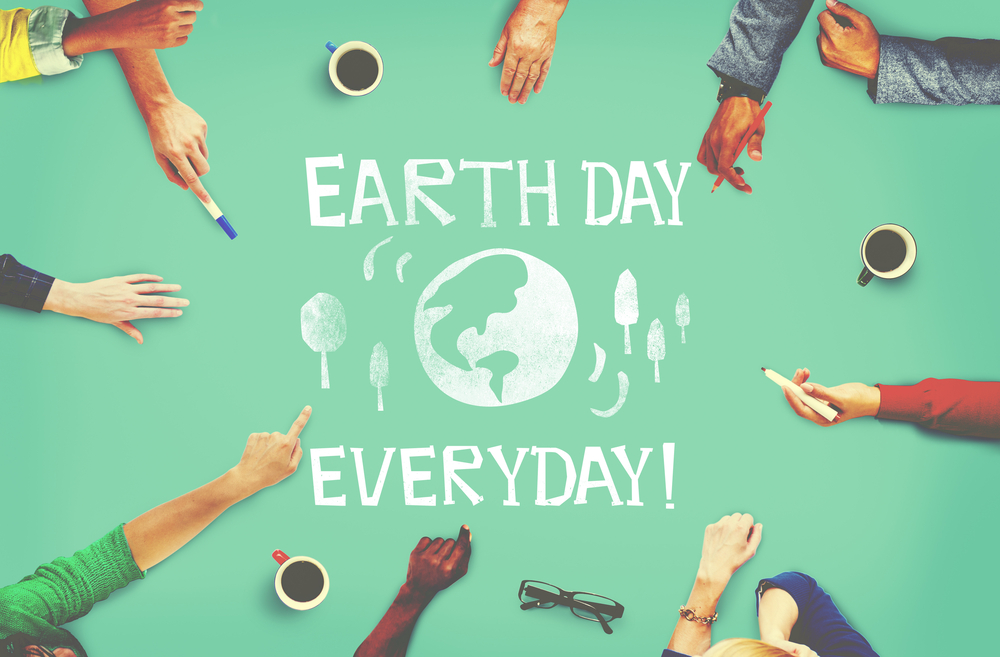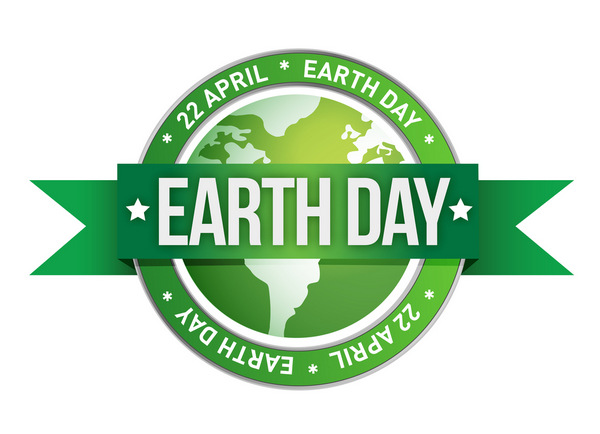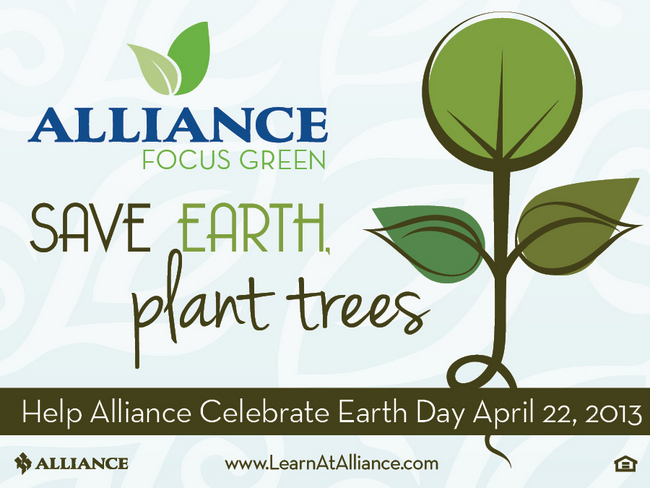Wildlife Conservation Efforts
Making a Difference
Let’s explore worldwide conservation efforts to safeguard endangered species, preserve critical habitats and restore ecosystems. Wildlife conservation has many challenges. Habitat loss is experienced by many species running out of habitats due to agriculture, urbanization, deforestation and resource extraction. Habitat loss can also occur due to environmental changes such as volcanic eruptions, tsunamis, climate or […]

